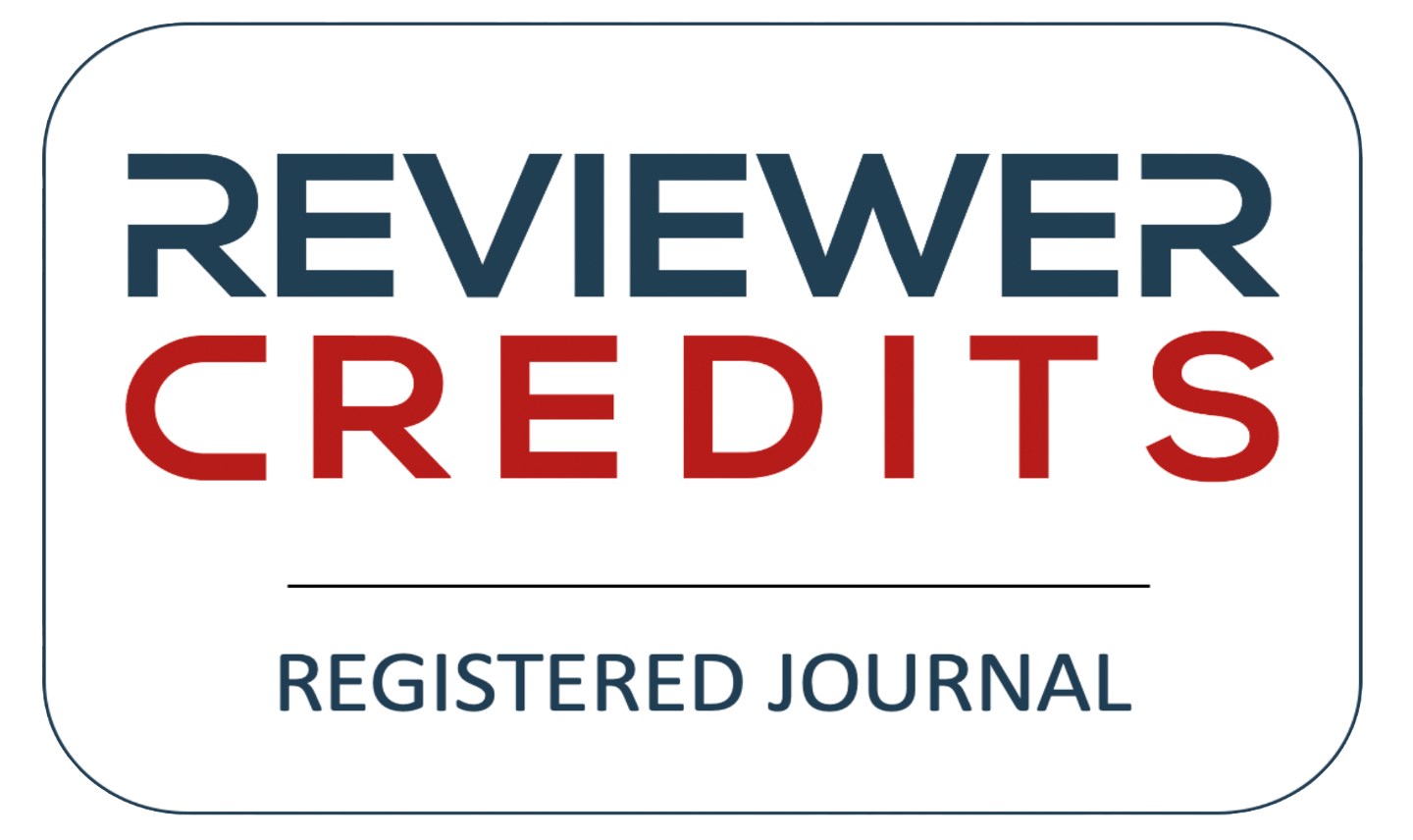Invited paper A new conceptual model to guide professional action in sustainable animal production system
Abstract
The growing mismatch between traditional agricultural training and emerging professional demands poses a strategic challenge for sustainable animal production. This study proposes a conceptual model that integrates technical, socio-environmental, and ethical competencies, positioning professionals as key agents in developing balanced, resilient, and socially legitimate production systems. Future professionals are expected to go beyond technical proficiency, demonstrating adaptive leadership that combines technical knowledge, systemic thinking, and socio-environmental responsibility. The model emphasizes the integration of four pillars—education, extension, research, and public policy—enhancing the capacity to address climate change, market dynamics, and societal demands for transparency and accountability. Practical applications include curriculum reforms, interdisciplinary and project-based learning, participatory diagnostics, digital technologies, adaptive monitoring, integrated indicators, predictive modeling, and incentive programs for sustainable practices. This framework offers both a technical guide and a strategic vision for redefining the professional’s role in 21st-century animal production.
Downloads
References
CHECKLAND, P. Systems Thinking, Systems Practice. Chichester: Wiley, 1981. https://doi.org/10.1002/1099-1743(200011)17:1+<::AID-SRES383>3.0.CO;2-Q
DOUGHERTY, J.C.H., et al. A conceptual framework for modelling the role of livestock systems in sustainable diets and a sustainable planet. Animal Production Science. V. 63(18),1866–1886. 2023. https://www.publish.csiro.au/an/pdf/AN23300.
FAO – Food and Agriculture Organization of the United Nations. The State of Food and Agriculture 2021. Rome: FAO, 2021.
FOLKE, C. et al. Resilience thinking: integrating resilience, adaptability and transformability. Ecology and Society, v. 15, n. 4, p. 20, 2010. https://www.ecologyandsociety.org/vol21/iss4/art44/
FREIRE, P. Pedagogia da Autonomia: saberes necessários à prática educativa. São Paulo: Paz e Terra, 1996.
FUNTOWICZ, S.; RAVETZ, J. Science for the post-normal age. Futures, v. 25, n. 7,p.739-755,1993. https://www.sciencedirect.com/science/article/pii/001632879390022L.
HLPE – High Level Panel of Experts on Food Security and Nutrition. Sustainable agricultural development for food security and nutrition: what roles for livestock? Rome: FAO, 2016.
MEADOWS, D. Thinking in Systems: A Primer. White River Junction: Chelsea Green Publishing, 2008.
PORTER, M. Competitive Advantage: Creating and Sustaining Superior Performance. New York: Free Press, 1985.
REED, M. S. Stakeholder participation for environmental management: a literature review. Biological Conservation, v. 141, n. 10, p. 2417–2431, 2008. https://www.sciencedirect.com/science/article/abs/pii/S0006320708002693
SILVA, J. G.; MARTINS, R. C. Educação e trabalho no campo: desafios da formação profissional rural. Revista de Educação do Campo, v. 3, n. 1, p. 123-140, 2018.
Copyright (c) 2025 Julio Otavio Jardim Barcellos, Tamara Esteves de Oliveira Oliveira, Marcela K. Rocha, Giovana Giacomelli, Carolina Decimo Decimo

This work is licensed under a Creative Commons Attribution-NonCommercial-ShareAlike 4.0 International License.





